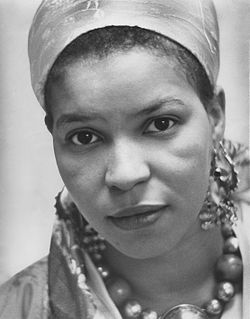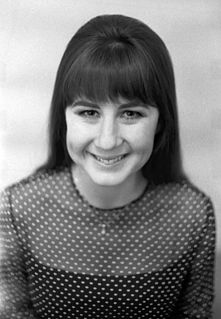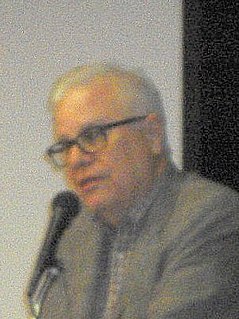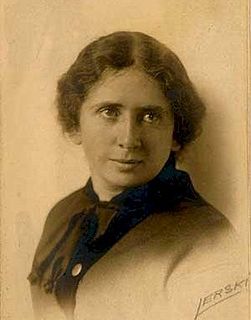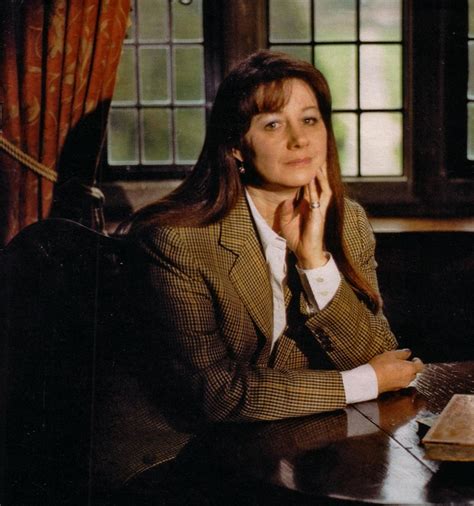A Quote by Ntozake Shange
I had - there were three strokes, and I lost my ability to read and write and speak, and it really put me by the wayside for a number of years.
Related Quotes
At that point I ought to have gone away, but a strange sensation rose up in me, a sort of defiance of fate, a desire to challenge it, to put out my tongue at it. I laid down the largest stake allowe-four thousand gulden-and lost it. Then, getting hot, I pulled out all I had left, staked it on the same number, and lost again, after which I walked away from the table as though I were stunned. I could not even grasp what had happened to me.
The guys that write Once Upon a Time were major writers on Lost, and we had lunch when I started on OUAT and the first thing I said to them was, "I spent five years on Lost, you have to tell me, was my character good or bad?" They looked at me and said, "We have no idea." That's why you have to make your own backstory. I decided Widmore was the evilest of the evil, but in the end, not even the writers knew.
I had tried writing novels for many years, and they always escaped me. For a long time, I thought, 'It's just not in me to write a novel. It's not something I'm able to do.' It seemed like everything I wrote naturally ended at the bottom of page three. A picture book, three pages; an essay, three pages.
No one in this world, so far as I know--and I have searched the records for years, and employed agents to help me--has ever lost money by underestimating the intelligence of the great masses of the plain people. Nor has any one ever lost public office thereby. The mistake that is made always runs the other way. Because the plain people are able to speak and understand, and even, in many cases, to read and write, it is assumed that they have ideas in their heads, and an appetite for more. This assumption is folly. They dislike ideas, for ideas make them uncomfortable.
The time came where I was able to write an original screenplay [Allied], and it would be read and noticed. I had a meeting with Brad [Pitt], just around the time that he was making World War Z. I basically told him the story and said, "This is what I want to do," and he really responded, so that helped me put the thing together and write it.
Philip Larkin didn't write for several years before his life ended. And when he was asked why he didn't write, he said the muse deserted him. And when I read that, it really had a profound effect upon me, sort of scared me. So that's why I think I have no right to assume that some thought is going to come... But I think, in my imagination, if it is it, there will probably be something else I'm interested in.
Cisco never had a red quarter. Never. Took us three years to get funding, and in those three years, we were never in the red, and that was because we had two products to sell. They were not sexy or cool, but we had enough of a market that we could generate enough of a cash stream to grow the company.
